Survivor and loved ones montage
In a show of solidarity, we've created a montage showing the faces of the many Kiwis who have been impacted by stroke. Stroke doesn't care, but we do. Contribute to our montage here.
Strokes don't just happen to 'other people'. They happen to people we love — our mums, our mates, our cousins, our kids, and our koro. We all know someone affected by stroke.
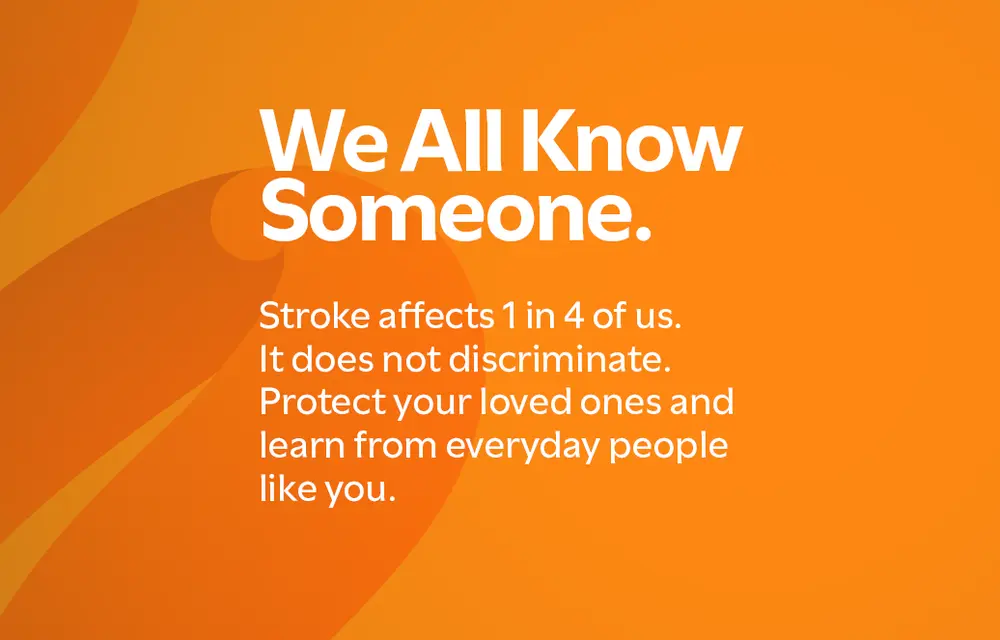
Stroke doesn’t discriminate. It doesn’t care who you are, how old you are, what you do, or where you are. It can affect any of us. In fact, sadly, one in four New Zealanders will experience a stroke at some point in their life.
Stroke doesn’t just affect the elderly. Young Kiwis are increasingly at risk.
It is the leading cause of adult disability and the second leading cause of death in New Zealand.
Stroke’s impact on lives is felt far and wide: not only for survivors but also loved ones and sadly, in some cases, for those left behind.
Stroke Aotearoa New Zealand exists to stop stroke in its tracks. We’re here so you know how to prevent it from happening, know what to do if it happens, and help survivors and their loved ones know they’re not alone.
We educate. We advocate. We provide recovery, support and guidance.
Be sure to let us know if we can help you. By calling our free helpline 0800 STROKE (0800 78 76 53) or email us.
Be in the know by subscribing to our e-news.
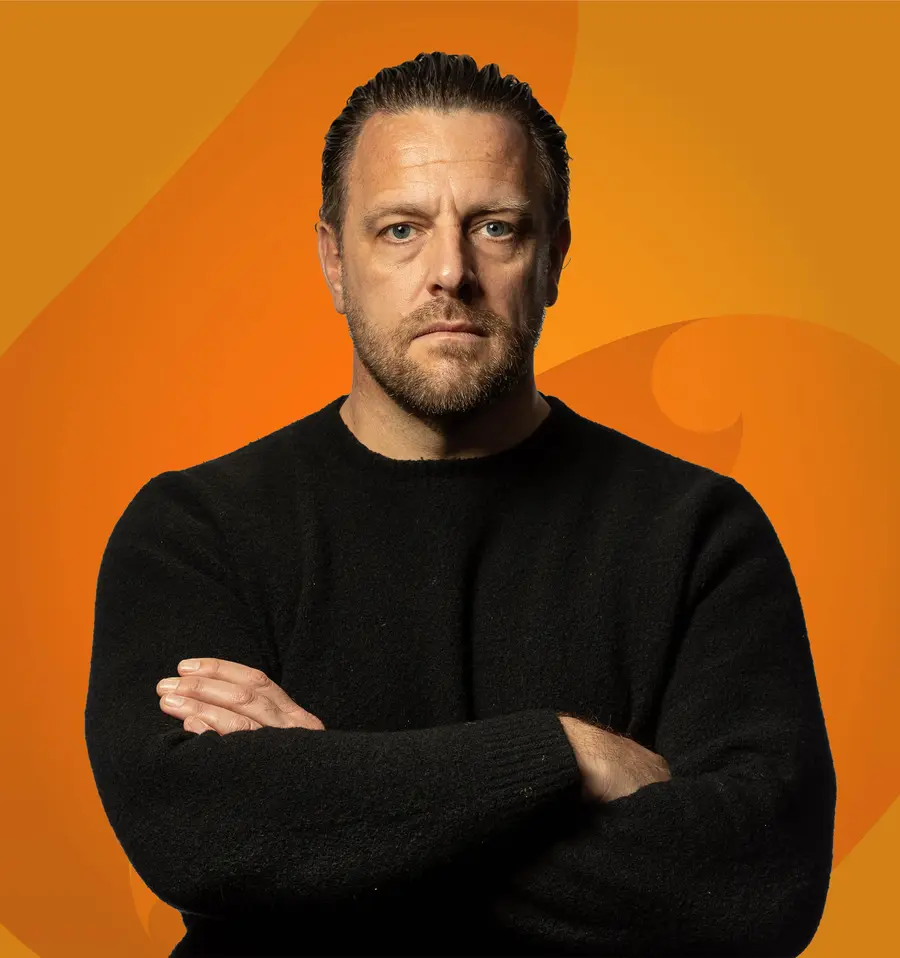
Jamie, a construction industry worker, husband and dad of two active boys, was just 39 years old when he experienced a haemorrhagic stroke.
"I always thought a stroke was something that happened to people a lot older than me," he says.
Jamie's wife, Sarah, noticed something was wrong when his face began to droop, and she quickly called an ambulance. Jamie credits Sarah with saving his life.
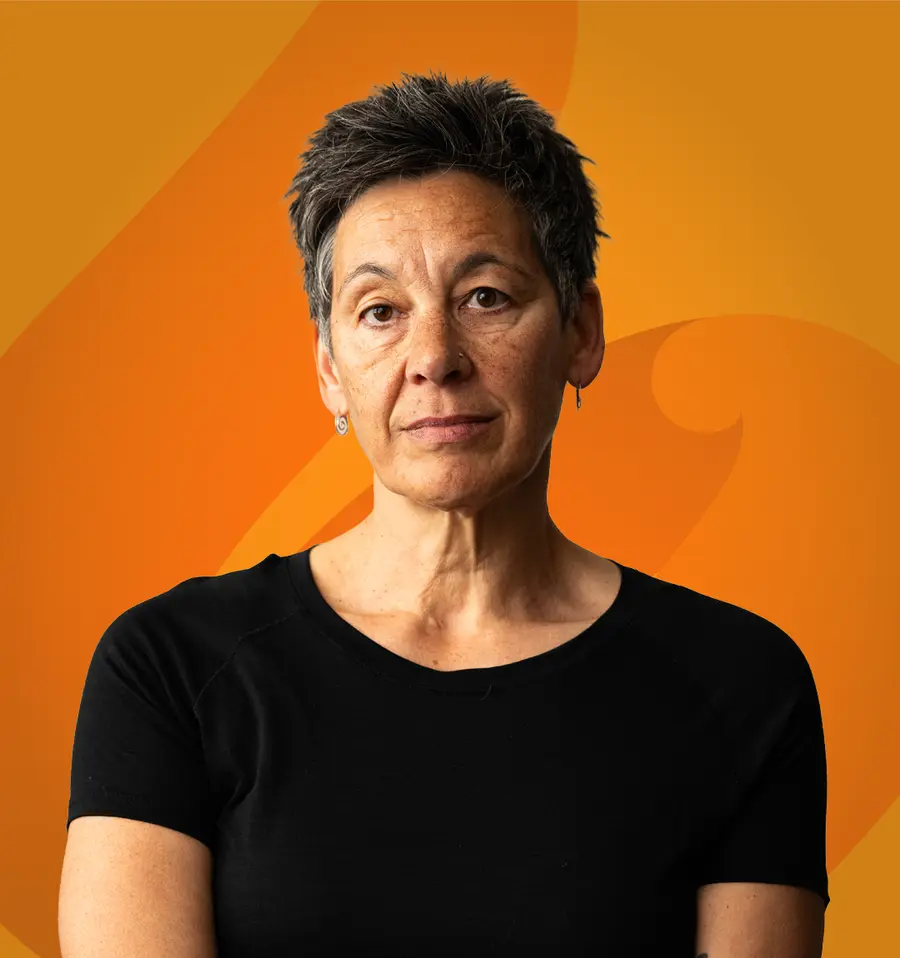
Naomi was born in Canada but she now calls New Zealand home. She's mum to a daughter who has flown the coup and lives with her rescue cat Annie. Naomi works part-time as a mobile Veterinary Technician.
Fatigue is an ongoing issue for Naomi, but she has a great support network, with her colleagues and friends around her, since having a cerebeller stroke.
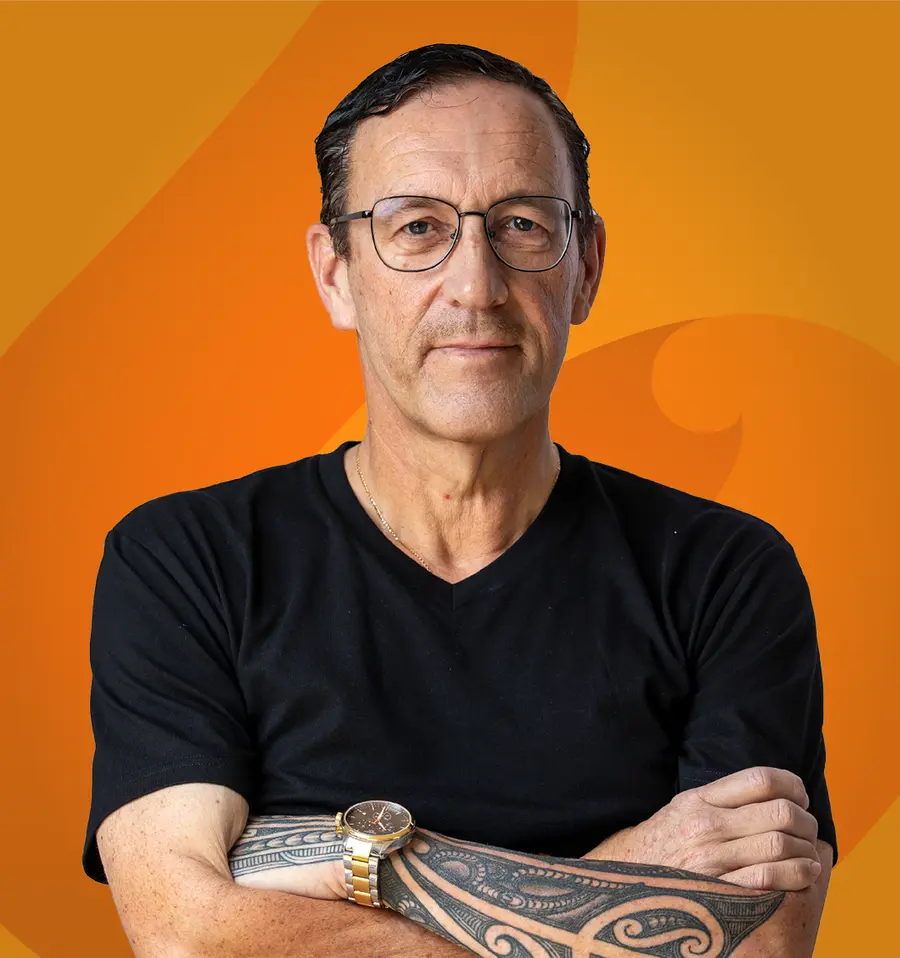
As a stroke survivor, dad and granddad, Tereki is a passionate advocate for equity in health outcomes, particularly for Māori and other communities 'under-served' by the health system.
Outside of his profession, Tereki finds joy in spending time with his whānau, especially his mokopuna, and embracing the values that underpin te ao Māori.
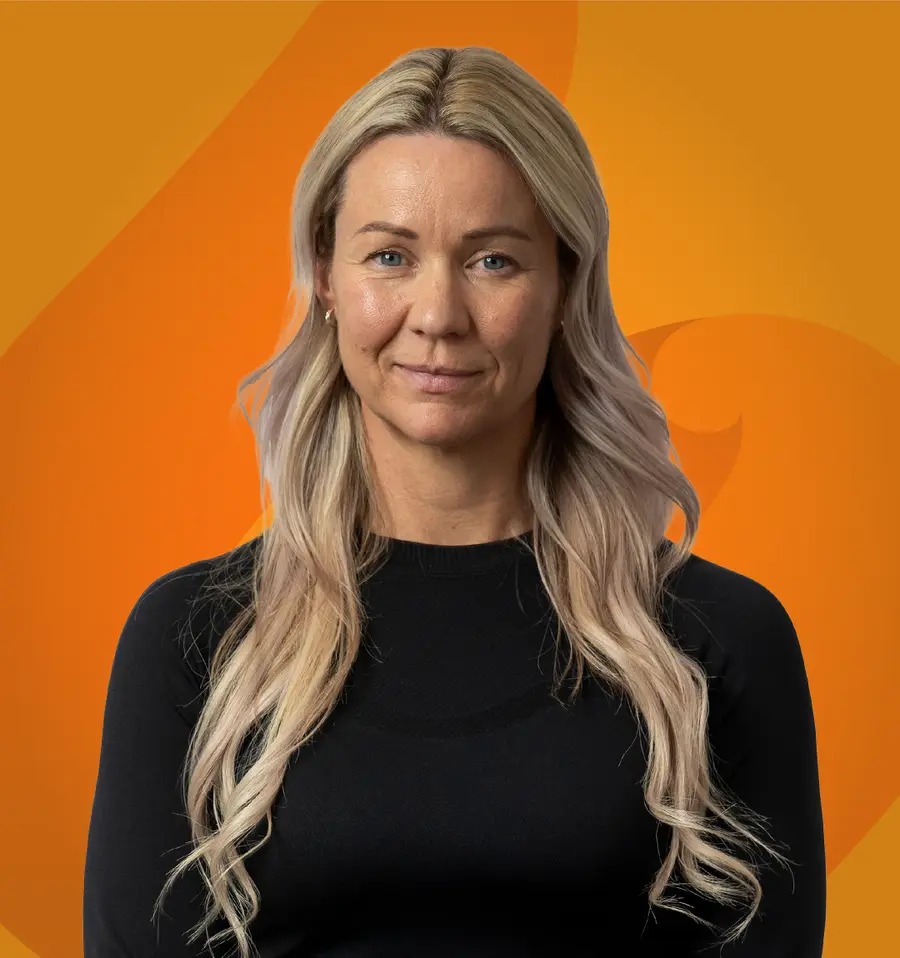
Megan, a personal trainer, wife and young mum to two beautiful girls was just 39 years old when her world came crashing down doing a gym warm up.
"It felt like my head was going to explode. I was trying to signal for help, but I couldn't talk because the pain was intense."
Megan had experienced a haemorrhagic stroke. She was shocked.
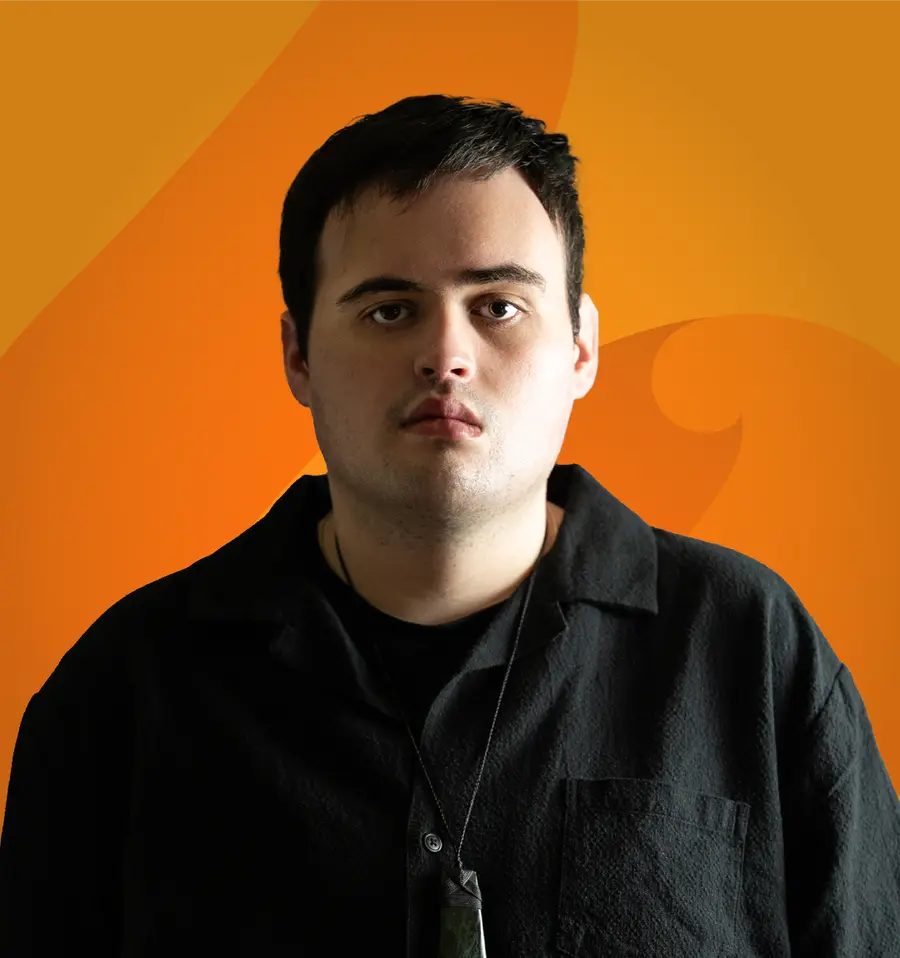
Justus is a son, brother and currently lives with his dad.
He credits his father with fighting for him to get the help he needed after he experienced an intracerebral hemorrhage stroke at a night club. Due to delays in his treatment, he now has severe paralysis down his left side.
It's been a long road for Justus to get what he deserves but he's turning his story into hope.
In a show of solidarity, we've created a montage showing the faces of the many Kiwis who have been impacted by stroke. Stroke doesn't care, but we do. Contribute to our montage here.
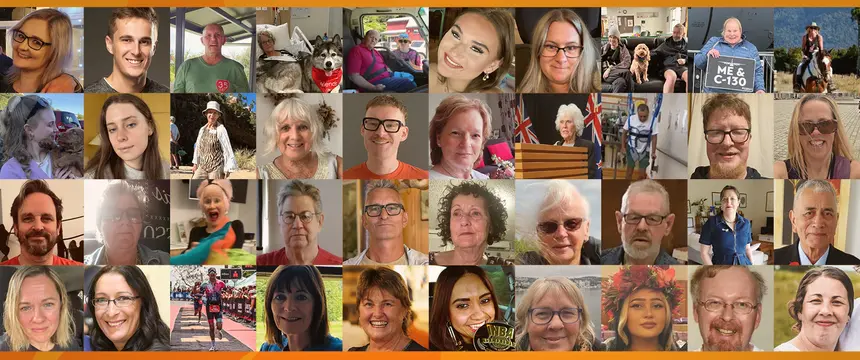
Here are some tips to help reduce your risk of stroke and prepare you to know the signs, think F.A.S.T. and get immediate help — call 111 immediately.
High blood pressure is the number one modifiable risk factor for stroke. Control your blood pressure and reduce your risk of stroke.

Living a healthy lifestyle can help you to reduce your own risk of stroke.
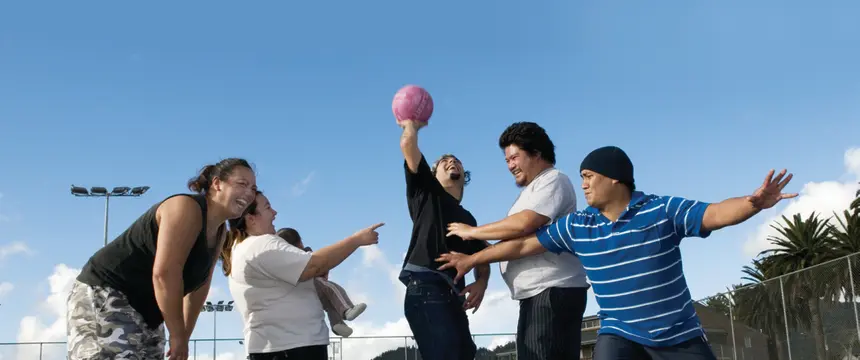
Eating less salt can help protect you from strokes and other health issues. Here’s what you need to know.

Quitting smoking and vaping can reduce your risk of stroke.
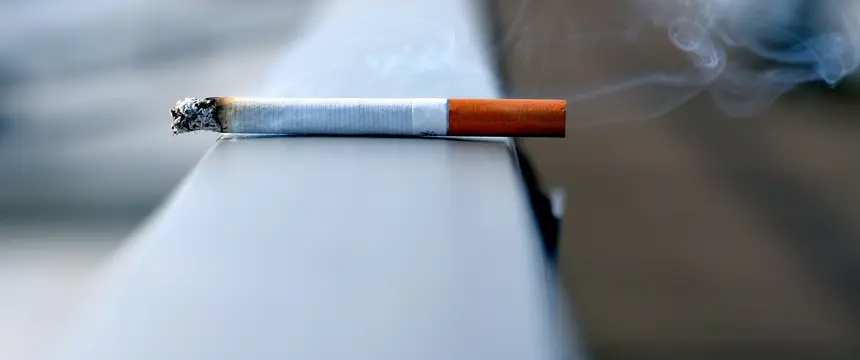
Experiencing depression and anxiety after stroke can be upsetting and overwhelming; however, there are proven ways to manage them and to start to feel better.

F.A.S.T. encourages everyone to learn the signs of stroke and get immediate help: Face drooping, Arm weakness, Speech difficulties and Take action - call 111.
